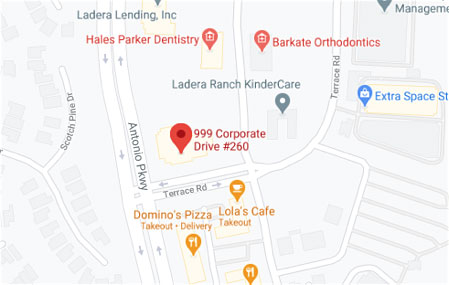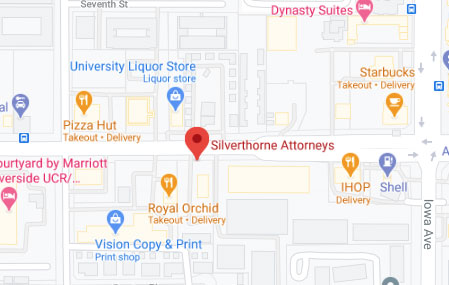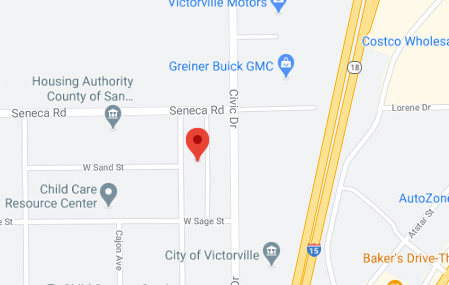In personal injury cases, the defendant is the person or persons named in a suit that is filed by the plaintiff because the plaintiff has been injured by the defendant. in civil cases, such as personal injury, property damage, etc., the dispute between the plaintiff and the defendant can be settled by one party paying the other. Most times in personal injury cases if the plaintiff wins, the defendant and their insurance company are responsible for paying for any damages.
Who is the Defendant?
A defendant becomes the defendant when the plaintiff names them in a complaint filed with their attorney and/or insurance company. It is possible that a case which involves only one plaintiff can have more than one defendant. Each defendant can obtain their own attorney. We recommend this because the interests of each defendant do not always align.
If the defendant was working when he or she injured the plaintiff, it could be possible to hold the defendant’s employer liable for any damages sustained.
In personal injury cases, the plaintiff is responsible for proving the defendant is responsible for the following:
- The defendant breached duty of care for the plaintiff.
- The defendant’s negligence and/or careless actions caused injury to the plaintiff.
The defendant is then responsible for the following:
- Arguing that they owed no duty of care to the plaintiff and their actions did not cause harm to the plaintiff.
- Put together a defense stating that they are not responsible for causing harm.
Hire and Experienced Personal Injury Attorney Today!
If the plaintiff or the defendant are not happy with the outcome of the decision, they may file an appeal. in some personal injury cases, it is not uncommon for both the plaintiff and defendant to win. How it works is as follows:
If the court finds that the defendant’s negligence caused 60% of the plaintiff’s injury, the defendant will only have to pay 60%.
We, here at Silverthorne Attorneys, exclusively represent plaintiffs.
If you are suffering from injuries due to the negligence of another other, please contact our office. Consultations are free!












